Defending Against a Personal Attack
He who guards his mouth keeps his life
Proverbs 13:3
We’re all human and so let’s face it, we all have things that have happened to us or things we have done that we are not proud of and embarrassed by. These are personal private matters that we don’t share with anyone outside our family, close friends and perhaps hired professionals. In the professional sphere of doctors, mental health workers, attorneys, the clergy and within the bounds of marriage, the law recognizes these facts, events, and any surrounding conversations as “privileged” and therefore protected from disclosure in courtroom testimony in the absence of special circumstances. Because of the nature of the truth-finding objective of cross examination, under certain circumstances, this type of information can be brought up during cross examination. This is inevitably a source of great stress and anxiety for witnesses and so we are going to address it here head-on.
In addition to the invasive questions such as, “Isn’t it true that police have been called to your home because of domestic violence.?” or, “Isn’t it true that you have been a party in the physical abuse of a child?” there may be other such questions that even though accurate, may also be distorted or untrue characterizations. For the purposes of this article, I cannot address all of these types of evidentiary issues (plus I would bore you to death) so suffice it to say that if there is ANY type of intrusive inquiry fired at you, just use the PATDOWN Method[1] and remember these tips:
- Tell the attorney that these are private matters that you only discuss with valued family members and trusted friends.
- If you are ordered to answer, keep your answers minimal and in a neutral tone.
- If the jury senses that you are upset and defensive, your admission will take on an exaggerated meaning.
- If the jury recognizes that your admission is not distressing, your answer will take on a diminished meaning.
In other words, above all, keep your cool. PATDOWN. Own it and move on. This keeps your testimony clean and prevents the defense attorney from taking the fact of the prior bad act and smearing it in an open display of gut-wrenching agony before a jury leaving you a pile of protoplasm on the witness stand. You don’t want that to happen.
One of the major themes the defense bar has taken up to take the shine off your badge is past professional discipline or sanctions. It has long been the law that police misconduct records are confidential and inaccessible to defendants and their attorneys. The criminal defense bar is making noise to change this. In recent months since the George Floyd incident in Minneapolis, the defense bar has made strides to enact legislation which overturns the protections and privacy surrounding police misconduct records. Defense attorneys come to the table with the preconceived notion that ALL law enforcement officers lie[2], are not credible and are racist. They want to get to your police misconduct records and other confidential information to help “prove” this. Some defense bars are in the process of setting up data bases to enable the efficient disclosure of this type of evidence across jurisdictional lines. Obviously, this is a very serious concern and has the danger of putting law enforcement witnesses on trial every time they take the stand.
If you know this and are mentally prepared to face it, you won’t let them bate you into making the issue bigger than it needs to be. In my experience, both in the courtroom and in life[3] if you acknowledge the past mistake and move on, you will ingratiate yourself as human and brave.
You might not always know whether this type of testimony may be elicited from you. I always say, “Believe for the best but prepare for the worst.”
[1] See the PATDOWN method blog on my website.
[2] They’ve dubbed their own euphemism: “testilying” on the part of law enforcement.
[3] I have eight (8!!) grandchildren.

